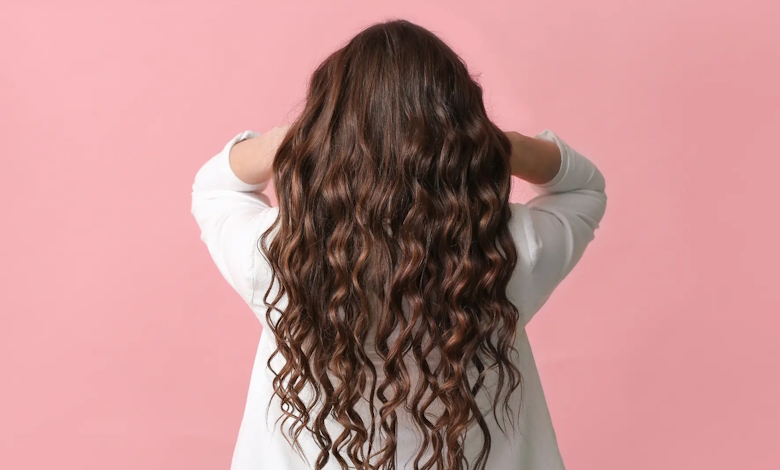Oman today_ Thinning hair is not merely a cosmetic concern; it often reflects deeper aspects of your overall health, lifestyle, and even emotional well-being. The hair growth cycle can be disrupted by a variety of factors — from poor nutrition and stress to hormonal imbalances and improper hair care routines. Before turning to supplements or treatments, it’s essential to identify the root cause, as taking random hair growth pills is unlikely to deliver lasting results. Below are the most common reasons behind hair thinning and loss:
1. Nutritional Deficiencies: Healthy hair growth depends on an adequate supply of essential nutrients such as biotin, B vitamins, iron, zinc, and protein. A lack of these key elements weakens the hair follicles, slows down growth, and leads to thinning or increased shedding.
2. Genetic Factors: Genetics play a crucial role in determining the thickness, density, and growth pattern of your hair. If thin or sparse hair runs in your family, there’s a higher chance that you may experience the same condition.
3. Stress and Emotional Pressure: Chronic stress increases the production of cortisol — a hormone that can disrupt the natural hair growth cycle. Prolonged stress may cause hair follicles to enter a resting phase, leading to slowed growth or temporary hair loss.
4. Hormonal Changes: Fluctuations in hormone levels during pregnancy, postpartum recovery, menopause, or thyroid disorders can alter the body’s internal balance and negatively affect hair growth.
5. Physical and Chemical Damage: Frequent use of hair dye, bleach, straighteners, or blow dryers can damage the protective outer layer of the hair shaft (the cuticle). This damage weakens the hair structure, causing dryness, breakage, and loss of volume.
Vitamins and Minerals Essential for Stronger, Fuller Hair
Achieving thicker, healthier hair isn’t about relying on a single supplement — it requires a combination of nutrients that work together to nourish and strengthen the follicles from within. Here are the most important ones:
Biotin (Vitamin B7): Biotin plays a vital role in producing keratin — the main structural protein of hair. A deficiency in biotin can lead to brittle strands and overall thinning.
Iron: Iron supports blood circulation and oxygen delivery to the scalp, creating an ideal environment for new hair growth. Iron deficiency, especially in women, is one of the leading causes of hair shedding.
Zinc: Zinc aids in tissue repair and helps regulate hormones involved in the hair growth cycle. Low zinc levels can result in slower growth or temporary hair loss.
Vitamin C: With its powerful antioxidant properties, vitamin C protects follicles from environmental damage and enhances iron absorption — both of which are essential for healthy hair.
Vitamin D: Vitamin D helps activate dormant follicles and encourages the growth of new strands. A deficiency often manifests as diffuse or patchy hair loss.
Proteins and Amino Acids (Cysteine and Methionine): Since hair is made primarily of protein, consuming enough protein and essential amino acids is critical for maintaining strength, shine, and elasticity. A lack of these building blocks leads directly to fragile and weakened hair strands.

